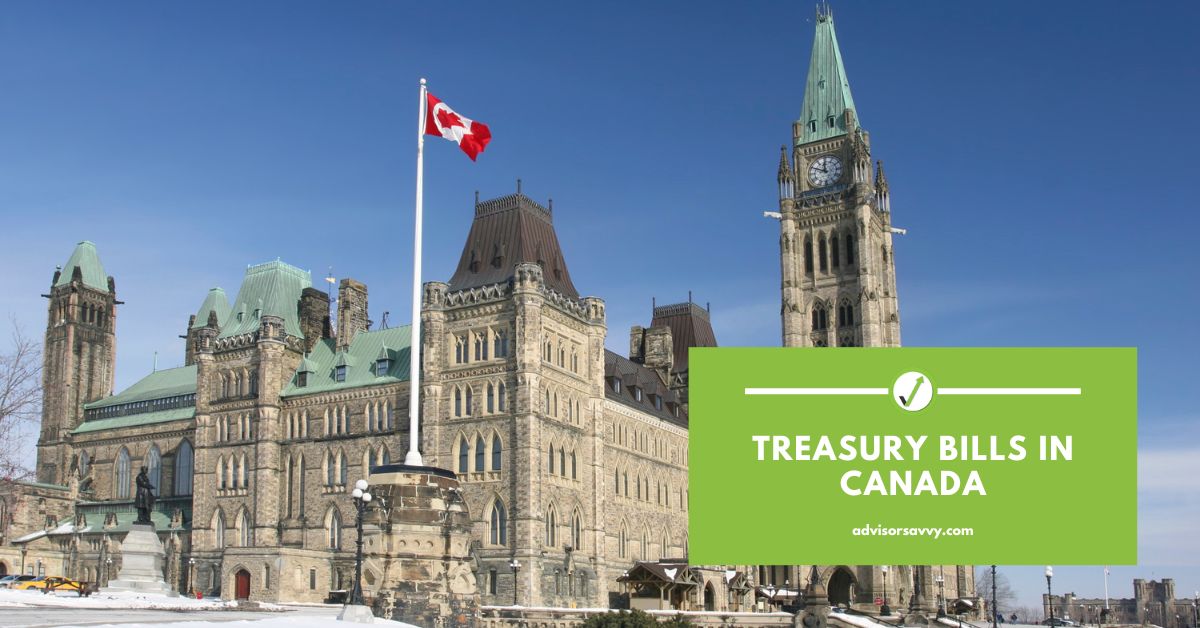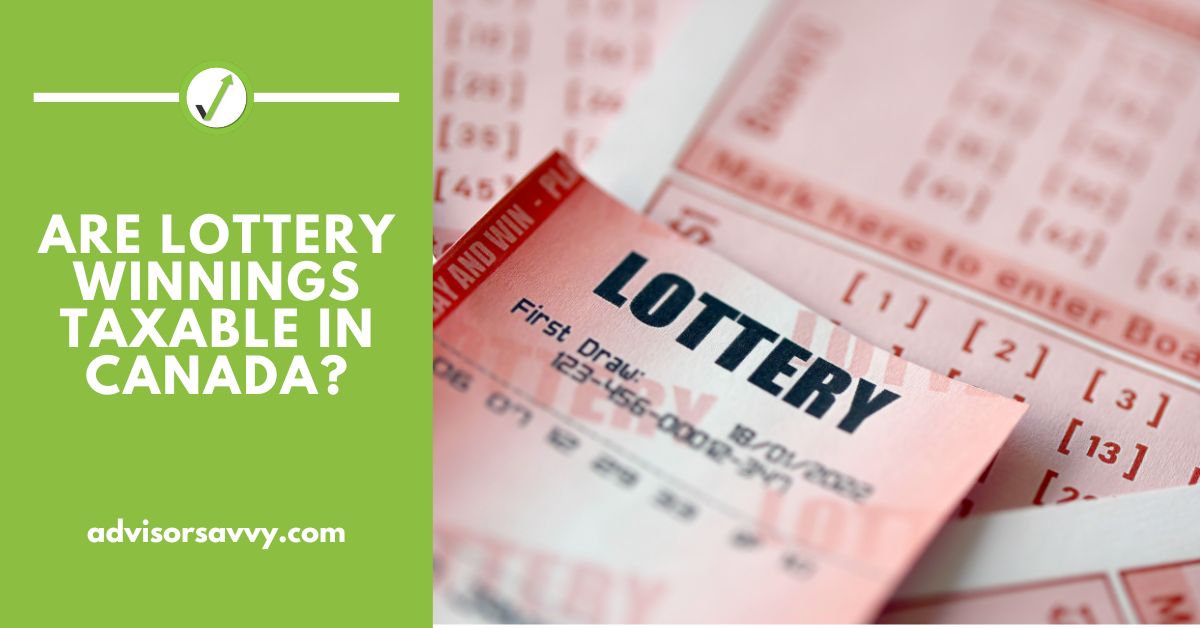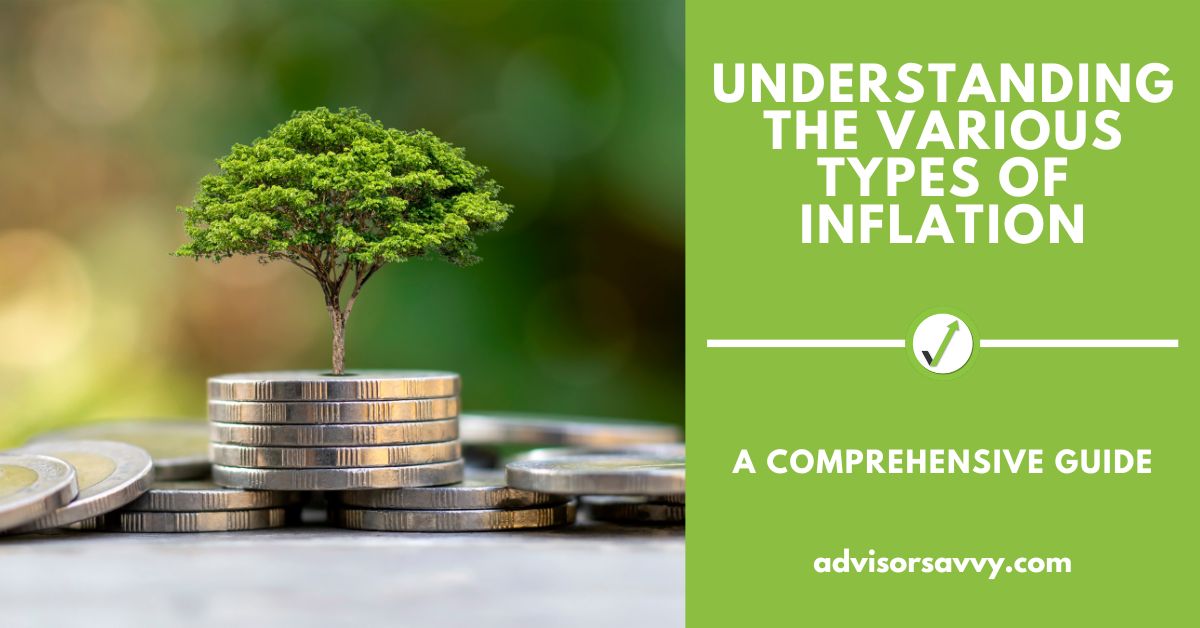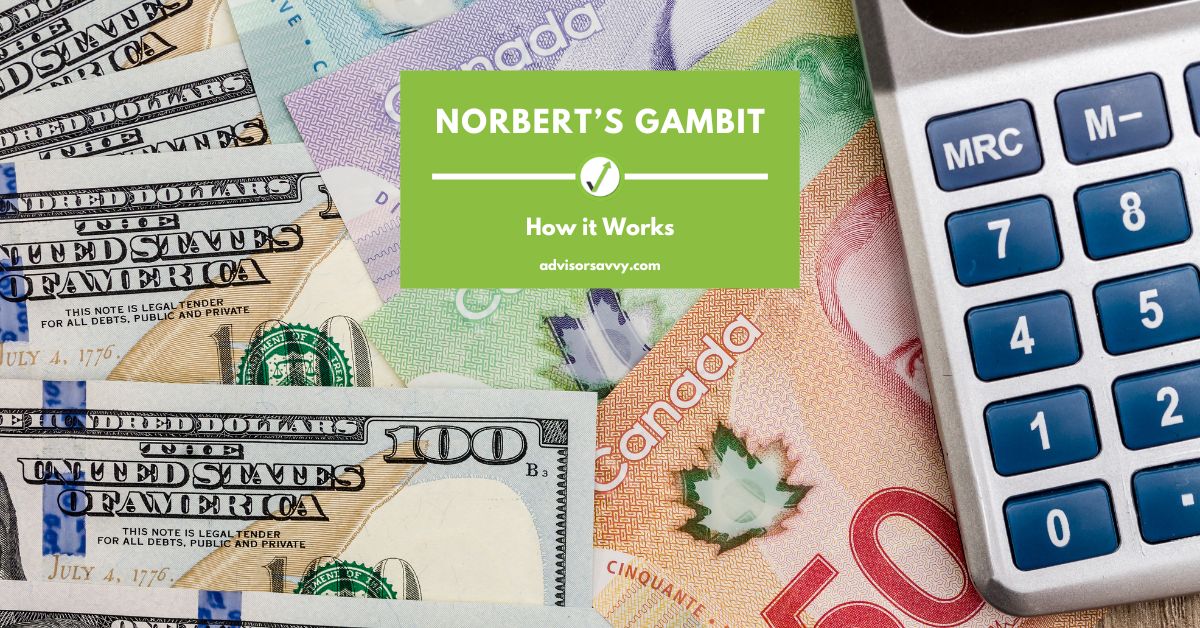Treasury Bills in Canada
Investing in treasury bills in Canada is always a smart move, and it’s easy to tell why. These investments are backed by the credit of the Canadian government.This means both your principal and interest are guaranteed. They also offer liquidity and stability. These features make treasury bills a type of low-risk investment option. If you’re considering investing in treasury bills but are not sure if you’re on the right track, we’ve got you covered! Here, we will provide an overview of treasury bills in Canada.We’ll discuss their current rates, how they compare to other investment options, and how to buy them. With this information at your fingertips, you’ll be able to determine whether they are a good fit for your investment portfolio. What are treasury bills in Canada? Treasury bills, commonly known as T-bills, are short-term debt securities. They are issued by the Canadian government to finance its operations.Essentially, when investors buy T-bills, they are lending money to the government.
Continue reading


















